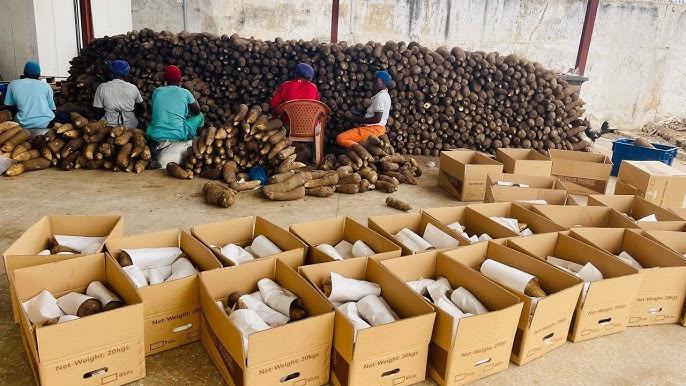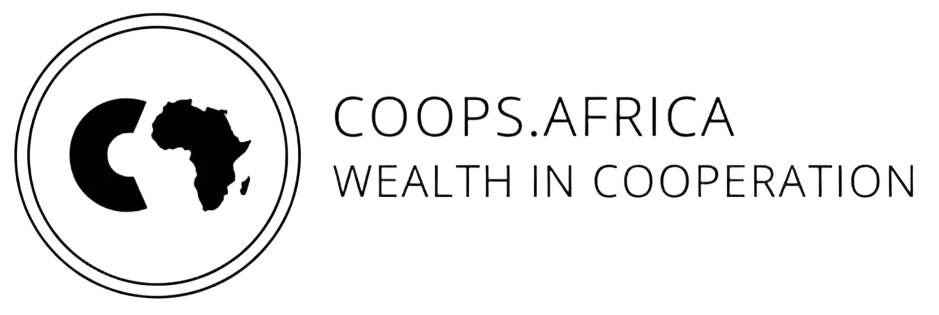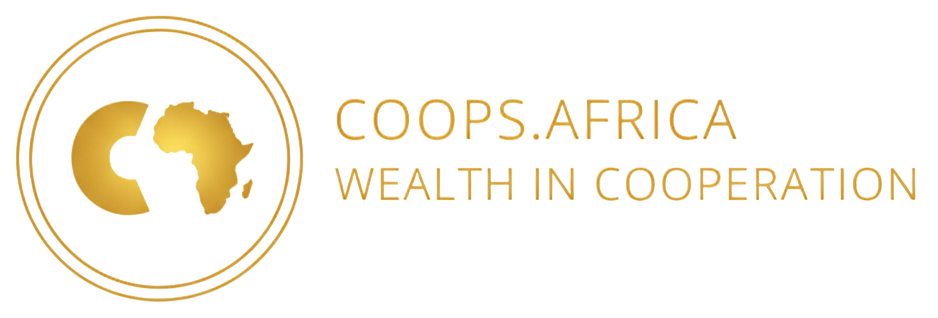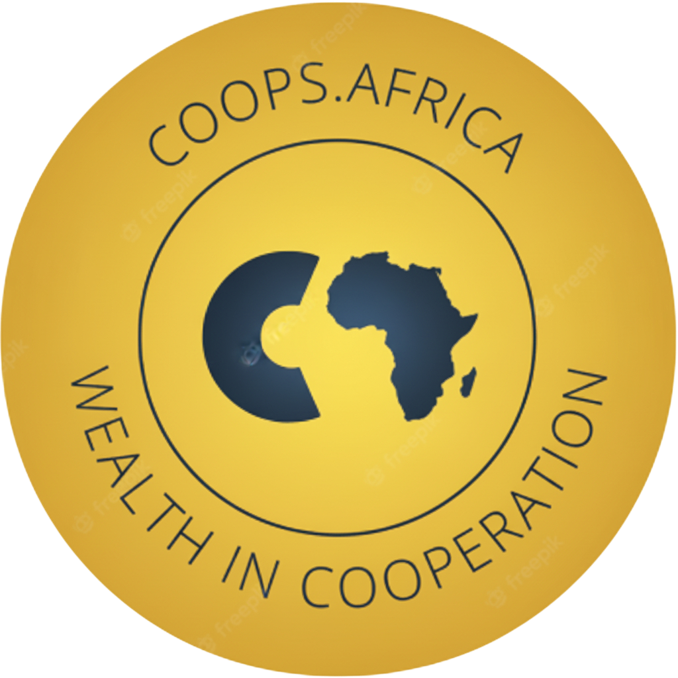🌍 How Ghanaian businesses can leverage trade agreements with South Africa

In the age of the African Continental Free Trade Area (AfCFTA), African nations are breaking down borders and building bridges. Among the most promising bilateral trade opportunities lies the growing economic relationship between Ghana and South Africa — two of Africa’s most dynamic economies. But trade agreements are only as valuable as the entrepreneurs and enterprises that use them.
This article offers practical steps for Ghanaian businesses, co-operatives, and exporters to benefit from the trade frameworks between Ghana and South Africa.
🤝 Ghana–South Africa Trade: A Snapshot
-
South Africa is one of Ghana’s top trading partners, with billions in annual imports and exports.
-
Both countries are members of AfCFTA, which reduces tariffs and trade barriers across Africa.
-
Bilateral frameworks such as the Ghana-South Africa Permanent Joint Commission for Cooperation support stronger economic and trade ties.
-
Sectors of opportunity: agriculture, beauty & cosmetics, textiles, processed food, mining services, fintech, tourism, and logistics.
✅ Practical Steps to Trade with South Africa
1. Register Your Business and Comply with Trade Regulations
-
Ensure your business is formally registered in Ghana with the Registrar General’s Department.
-
Apply for an Exporter’s Certificate from the Ghana Export Promotion Authority (GEPA).
-
Register with the Ghana Revenue Authority (GRA) and Customs Division for tax and export clearance.
-
Comply with South African import requirements, including health and safety, labelling, and packaging standards.
Tip: Work with the Ghana Standards Authority (GSA) to ensure your products meet regional compliance.
2. Use the AfCFTA Trade Facilitation Tools
-
Register for an AfCFTA Certificate of Origin through Ghana’s Ministry of Trade and Industry (MoTI).
-
This certificate allows your products to enter South Africa duty-free under AfCFTA.
-
Visit www.afcfta.au.int for protocols and updates.
The AfCFTA Guided Trade Initiative already includes both Ghana and South Africa — making it easier to start trading now.
3. Identify Demand and Market Entry Points in South Africa
-
Research which products or services have demand in South Africa.
-
Shea butter, cocoa derivatives, kente fashion, handicrafts, agro-processed foods, ICT services, etc.
-
-
Join platforms like TradeMap or GEPA’s market intelligence portal.
-
Connect with South African importers, distributors, and retailers.
-
Consider participating in South African trade expos or B2B events.
Partner with the Ghana High Commission in Pretoria or the Ghana–South Africa Business Chamber for introductions.
4. Join or Form a Trade-Oriented Co-operative
-
Co-operatives can pool resources, share logistics, and export in bulk — reducing individual risk.
-
Examples: Co-op of shea butter producers exporting under one brand; textile co-ops entering the fashion market.
-
Co-ops can apply for support through Ghana Co-operative Council, NEIP, and GEPA.
Group-based export allows you to meet volume requirements and lower per-unit transport costs.
5. Use Export Financing and Insurance Tools
-
Apply for support from:
-
Exim Bank Ghana (export financing & grants)
-
GEPA Export Development Fund
-
AfCFTA Adjustment Fund
-
African Trade Insurance Agency (ATI) for cross-border insurance
-
Mitigate the risk of payment defaults or border issues by using trade insurance or letters of credit.
6. Go Digital and Build a Cross-Border E-commerce Presence
-
Use e-commerce platforms (e.g., Jumia, Etsy, or a co-op website) to sell directly to South African customers.
-
Invest in digital branding, storytelling, and packaging that appeals to southern markets.
-
Set up mobile payment options using MTN MoMo, Flutterwave, or Paystack.
🧭 Real-World Example:
A Ghanaian women’s co-operative producing organic shea butter forms a South African distribution partnership. By registering under AfCFTA and working with GEPA, they begin selling their branded body care products in Johannesburg through a local wellness store and online.
Result: Higher income, brand exposure, and new jobs created for Ghanaian women.
🗝️ Final Thoughts: Don't Just Watch—Trade!
The agreements between Ghana and South Africa are not just diplomatic — they are practical tools for transformation. Whether you are a fashion designer in Kumasi, a farmer in Tamale, or a tech start-up in Accra, now is the time to export, partner, and grow.
Opportunity favors the prepared. Africa is open for business — and Ghana is ready to lead.
- Market Reports
- Economic
- Social and Development
- Communication, Marketing & Success Stories
- Regulation
- Outro
- SADC
- African Union



